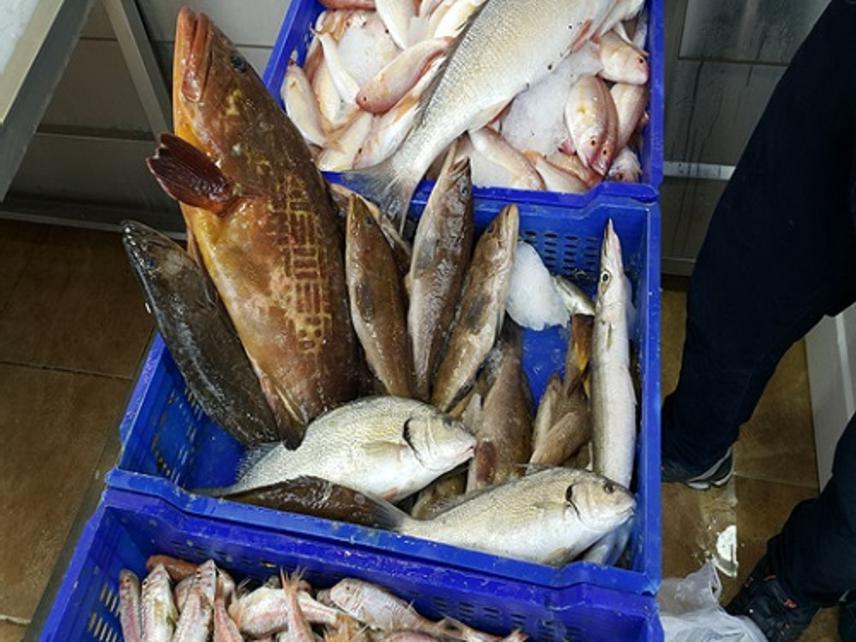Sinan Mavruk
Other projects
23 Aug 2016
Strongholds for Groupers in Iskenderun Bay: Defining Conservation Hotspots for Sustainability
Groupers have key structural roles and functioning on the food web dynamics in marine coastal habitats. Their populations are decreasing throughout the world as well as in our study area, where groupers are important target for local fishers. However, the most species are classified in threatened categories. In our previous project supported by Rufford Foundation (RSG 20449-1), we revealed that there is a great potential for conservation of groupers in Iskenderun Bay. With the recent project, we would like to acquire supplementary data for grouper conservation. For this purpose, we will determine the characteristics of grouper fishery and the effectiveness of recent management applications based on a citizen science approach. Besides, we will ask opinion of stakeholders on conservation practices for threatened grouper species. Additionally, we plan to determine spawning aggregation areas with ichthyoplankton surveys with the intent of understanding capacity of İskenderun Bay as possible marine protected area.

Iskenderun Bay is one of the most important marine areas in the eastern Mediterranean with its remarkable habitat diversity, biodiversity and unique oceanographic features. Our previous project supported by Rufford Foundation (RSG 20449-1) revealed that the area has a significant potential for also conservation of grouper populations. The bay hosts significantly larger populations of Epinephelus aeneus and Epinephelus marginatus, two threatened groupers, in comparison with adjacent areas. Additionally, mottled grouper, Mycteroperca rubra gathers to spawn around the north-western coasts of the area. Besides fishers report the presence of Data Deficient groupers such as Epinephelus caninus and Epinephelus costae which we have too limited knowledge on.
Overfishing and habitat loses due to the rapid urbanization and industrialization were particularly important threats for grouper populations according to our results in the first project. The catch of E. aeneus and E. marginatus were completely banned throughout Turkish coasts in the last summer, whereas there are not any restrictions for other species. Therefore, we believe that this restriction may direct significant fishing pressure to other grouper or other fish populations. Therefore, the reactions of fishermen to this restriction is a very important (crucial) question on the applicability and profit of this management strategy. Even though there is prohibition on their fishing, illegal fishing or treading is still possible. Additionally, understanding of their reactions will also contribute to implement more effective conservation measures
By contribution of this new proposal, we would like to cover several significant data gaps that we detected in outcomes of our previous project. We consider that these gaps will be the crucial points to advance an effective management and conservations strategy. Firstly, we would like to acquire data on the biological and technical properties of fishery targeting grouper populations. Our effort concentrates to answer following key questions:
(1) target grouper species,
(2) catch amounts and size distribution,
(3) fishery season and area of each gear.
We will also seek the overlaps between fishery activities and spawning aggregations of groupers. This will be a complementary of our ichthyoplankton surveys.
The ban came into force in the last year is going to provide us a unique natural laboratory to investigate the results of a complete restriction as an approach of conservation plan. We have strategy to acquire data on what fishermen did after the ban, either maintained the white and dusky grouper fishing illegally or targeted other legal groupers or different fishes, or completely left fishing.